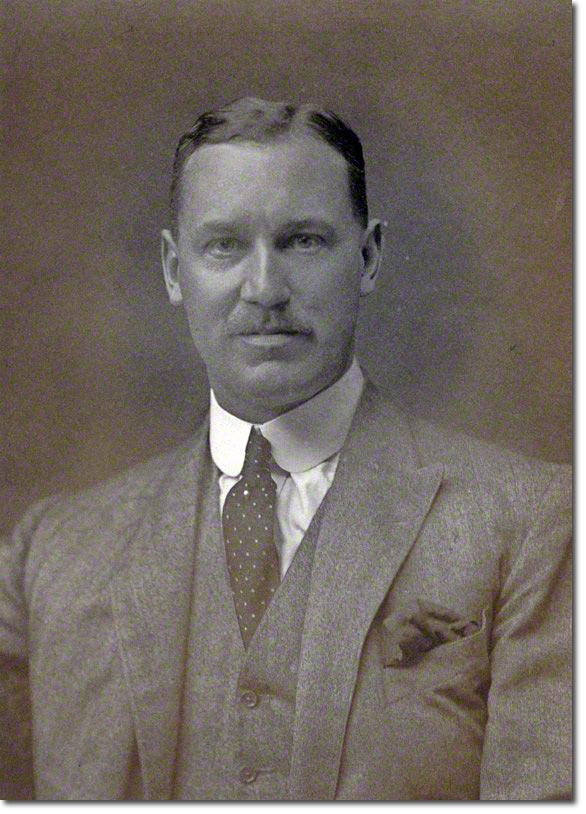|
|


 |
|
In 1913, Archer was appointed Acting Commissioner in British Somaliland, later becoming Governor from 1919 to 1922. He was also Commander in Chief of the forces in British Somaliland where since the beginning of the century British rule had been opposed by the followers of Sayyid Muhammad Abdullah Hassan. As acting commissioner and acting commander-in-chief while H. A. Byatt went on leave, later as deputy to Horace Archer Byatt, and finally, from 1914, as his successor, Archer was fully occupied in various schemes to suppress the revolt of the man contemporary British sources call 'the Mad Mullah' and whom to this day Somalis consider the father of independence. Successive military expeditions had ended in expensive failure, in a territory of little strategic and economic importance to the empire.
During the First World War, Somaliland was necessarily an imperial backwater. Operations against Sayyid Muhammad continued but remained inconclusive. As elsewhere in the British and French empires, in Somaliland European officials were aware of local sympathy for the Ottoman sultan-caliph who had called for a Jehad against the Allied forces when they joined the Central Powers. However this call was widely ignored in administered areasand there was no serious eruption of trouble as a result of that call. Archer actually spent considerable time in the later war years on ornithological observation and research. In February 1917 he was a member of the British delegation to the coronation of the Abyssinian empress. With the end of the war the British undertook decisive operations against Sayyid Muhammad. Greatly assisted by the Royal Air Force, these led in 1920 to capture of the rebel stronghold at Tali (Dali); the Sayyid died of illness in November. Among the British honours distributed was Archer's KCMG. In 1921, the Colonial Secretary Sir Winston Churchill called a conference in Cairo attended by experts on the Middle East. Sir Geoffrey Archer brought along two young lions who were being sent to the London Zoo. They broke loose at a reception held at the British residency and almost caught the pet stork that belonged to General Edmund Allenby, the high commissioner. Archer's long retirement was spent first in business in India and later in the south of France. His east African experience resulted in two books: The Birds of British Somaliland and the Gulf of Aden, with E. A. Bodman (4 vols., 1938 - 1960): and Personal and Historical Memoirs of an East African Administrator (1963). Archer died on 1 May 1964 at Palais des Dunes, La Croisette, Cannes, France. Image courtesy of National Portrait Gallery |
British Somaliland | British Somaliland Administrators
Armed Forces | Art and Culture | Articles | Biographies | Colonies | Discussion | Glossary | Home | Library | Links | Map Room | Sources and Media | Science and Technology | Search | Student Zone | Timelines | TV & Film | Wargames